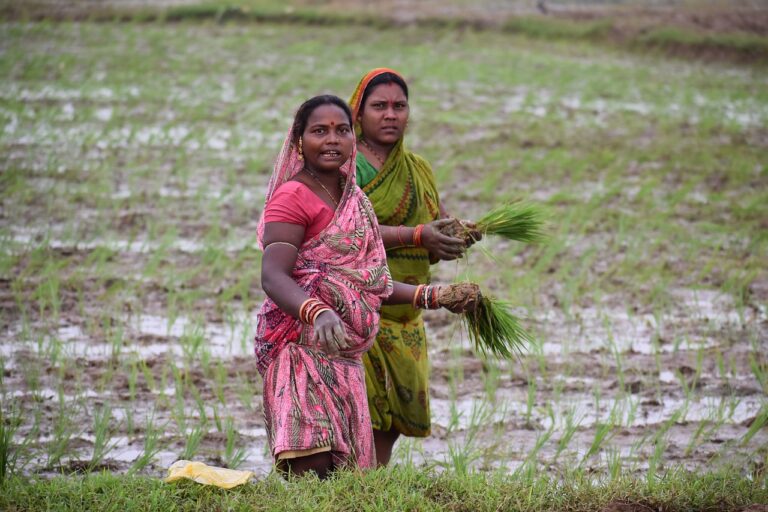Voter ID Verification: Perspectives from International Development Agencies: All panel.com, Online cricket id, Get online cricket id
all panel.com, online cricket id, get online cricket id: Voter ID verification is a critical component of any democratic election process. Without proper verification, individuals could potentially vote multiple times, skewing the results and undermining the integrity of the election. International development agencies have long been involved in efforts to promote free and fair elections around the world, and many have weighed in on the issue of voter ID verification.
One of the main arguments in favor of voter ID verification is that it helps to prevent voter fraud. By requiring individuals to present a valid form of identification before casting their vote, election officials can ensure that each person only votes once. This helps to maintain the integrity of the electoral process and ensures that the results accurately reflect the will of the people.
On the other hand, some critics argue that voter ID requirements can disenfranchise certain groups of people, particularly marginalized populations who may have difficulty obtaining the necessary identification. This can include low-income individuals, elderly people, and members of minority groups. Proponents of voter ID laws, however, argue that there are ways to mitigate these concerns, such as providing free or discounted IDs to those who need them.
From an international development perspective, many agencies have emphasized the importance of striking a balance between preventing voter fraud and ensuring that all eligible voters are able to participate in the electoral process. In many countries, election officials have implemented measures such as mobile registration units and special outreach programs to ensure that everyone has access to the necessary identification.
One of the key challenges in implementing voter ID verification systems is ensuring that they are both secure and inclusive. International development agencies have highlighted the need for robust verification processes that prevent fraud while also taking into account the needs of marginalized populations. This can involve working with local communities to identify barriers to obtaining identification and implementing targeted solutions to address these issues.
At the end of the day, voter ID verification is just one piece of the puzzle when it comes to promoting free and fair elections. International development agencies continue to work with governments around the world to strengthen electoral systems, improve transparency, and increase civic participation. By focusing on the needs of all citizens, including those who may face challenges in obtaining identification, we can help to ensure that elections are truly representative of the will of the people.
FAQs:
1. What forms of identification are typically required for voter ID verification?
Most countries require a government-issued ID, such as a driver’s license or passport, to verify a voter’s identity.
2. How can we ensure that voter ID requirements do not disenfranchise marginalized populations?
Election officials can implement special outreach programs, provide free or discounted IDs, and work with local communities to address barriers to obtaining identification.
3. Are voter ID laws effective in preventing voter fraud?
Studies have shown mixed results on the effectiveness of voter ID laws in preventing voter fraud, with some experts arguing that other measures may be more effective.







